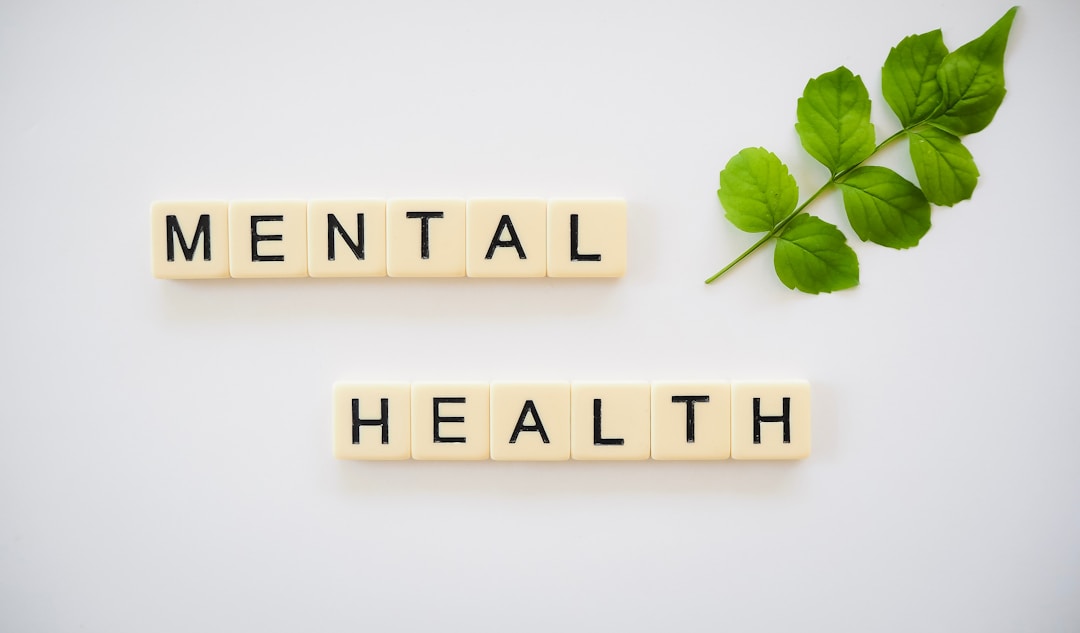Dealing with the upheaval caused by a severe personal injury can be one of the greatest challenges individuals face. Such accidents not only lead to physical pain but also impose emotional distress and financial burden. This article illustrates the path to recovery after experiencing a personal injury, offering a comprehensive guide that underscores seeking professional advice, the restoration of daily life, and the maintenance of mental well-being.
The Role of Professional Assistance in Personal Injury Cases

In cases of severe personal injury, the importance of professional legal guidance cannot be overstated. Legal recourse opens the door to compensation that could mitigate the financial impact of the incident. Experts like this personal injury lawyer Minnesota understand the intricacies of personal injury law and assist their clients in obtaining the rightful compensation they deserve. For victims, it can be comforting and empowering to know that someone is advocating on their behalf, easing the claims process, and fighting for their rights amidst the physical and emotional turmoil of healing.
The role of a professional injury lawyer is not restricted to the courtroom. These professionals can also provide practical advice on dealing with insurance companies, medical bills, and other bureaucratic challenges that can arise after an injury. By working closely with a professional, victims can navigate the legal landscape more easily, freeing up their energy to focus on recovery. In addition, lawyers can play a vital role in gathering and presenting evidence to back up the victim’s case. This might involve obtaining medical records, hiring accident reconstruction experts, locating witnesses, and building a compelling case.
The Path to Physical Rehabilitation

The physical toll of a personal injury can be immense, and the road to recovery is long and demanding. After sustaining an injury, victims need to focus on their rehabilitation, which might involve surgeries, physiotherapy, medications, or other medical interventions. Building a structured routine that creates space for these activities gradually reinstates the sense of normalcy in daily life.
Part of the rehabilitation process might involve modifications at home, particularly for those coping with long-term consequences. For instance, door replacements may become necessary to facilitate accessibility. Custom door installation in New Jersey is one such service that assists with home modifications, which can make strides in restoring ease and convenience in everyday life. A new door can be widened to accommodate wheelchairs, walkers, or any other mobility aids you may require. Installing a door with a lower threshold can eliminate potential tripping hazards and allow for effortless entry and exit as well.
Prioritizing Psychological Well-Being

Adjusting to life after an injury does not simply involve physical healing. Mental health must also be prioritized. It is common for victims to experience emotional trauma, stress, and even depression following a devastating accident. Recognizing and addressing these feelings is a critical step toward recovery. Psychological support can come from various sources. Professional psychologists can provide therapeutic interventions and coping strategies.
Simultaneously, peer-support groups offer a platform to share experiences, allowing victims to realize they are not alone in their struggles. Family and friends can also play a role in providing emotional support and maintaining positive attitudes. Mindfulness and stress-relief exercises, such as yoga or meditation, can be a valuable part of mental health recovery. They enable victims to remain calm and composed, enabling them to regain control over their lives, one step at a time.
As you can see, finding your way after a personal injury can be a challenging journey. Still, adjusting after an injury is vital for both physical and psychological well-being. By taking control of the situation and actively seeking ways to adapt, individuals can regain their independence, boost their self-confidence, and discover new possibilities for a fulfilling life. Though it may be challenging, the journey of adjustment is instrumental in rebuilding one’s life and creating a brighter future beyond the limitations of the injury.





















